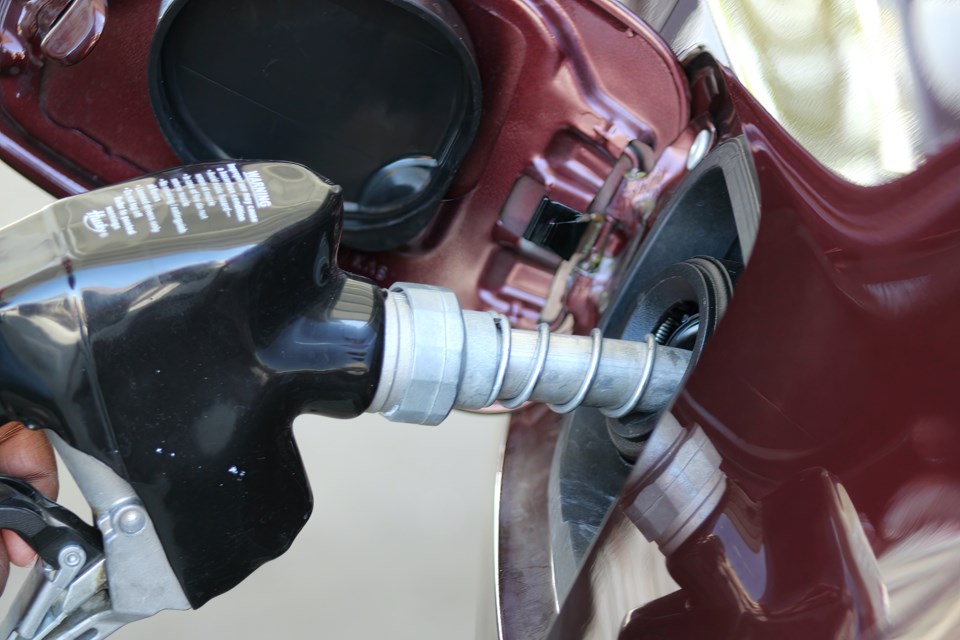When it comes to a carbon tax, Sea to Sky MLA Jordan Sturdy isn't afraid to admit when he's had a change of heart.
In 2016, he accepted the Momentum for Change award on behalf of B.C. recognizing the province's revenue-neutral carbon tax at the UN's Climate Change Conference in Morrocco, and later extolled the tax's virtues .
“It is recognized as a tool people can use to get to where we need to go in a low carbon future. The idea of taxing what we don’t want in the way of carbon emissions and incentivizing the things that we do want like growing businesses and employment and lower costs for people in the way of tax reliefs,” he said at the time.
Eight years later, and his tune is decidedly different. In , Sturdy told Pique the tax had its time and place, but things have changed.
“It was a good idea that has its place, and we were obviously early adopters back in 2008, and we led the way,” he said. “But that carbon tax has changed, and now it's a tax grab. It is just taking money out of people's pockets.”
Ottawa's federal carbon pricing scheme increased April 1, from $65 to $80 a tonne. It is slated to continue to increase every year until reaching $170 a tonne by 2030. BC’s own carbon tax also , with the rate on liquid gasoline, for instance, rising from 14.31 cents/litre to 17.61.
During a Q&A session at the Pemberton Chamber's Lunch & Learn event at Big Sky Golf Club on March 21, Sturdy said the original idea seemed like a no-brainer.
“I was a fan of the carbon tax from Day 1. I thought it was the right policy. We needed to tax what we don’t want and give back to areas that we do want, that are better for the environment,” he said. “Essentially, a carbon tax meant that we would collect X amount and give it back in ways that benefited businesses and locals. That is gone. There is about $3 billion a year collected in carbon tax and about $750 million goes back into low-carbon initiatives. It has gone from a tax shift to a tax grab. It’s just getting bigger.”
Sturdy originally hoped that other countries around the world would follow suit with the tax. This hasn't happened at the necessary rate.
“I was hopeful that we were going to see the United States recognize that this is a mechanism that would work,” he said. “If we had global adoption of carbon taxes, then I would be much more in favour of them. At this point, it just puts us all at a competitive disadvantage."
The tax particularly affects farming communities like Pemberton, Sturdy added, which in turn runs up the price of food during a cost-of-living crisis. The North Arm Farm owner has seen its impact firsthand.
“There are probably a few people around here that have clean-engine vehicles, but most of us don’t. Most of us don’t have access to them,” he said. “Most of us can’t afford one, frankly. Yet we are being taxed every time we get into our vehicle. We don’t have an alternative. Those of us in agriculture recognize that we don’t have options. You’re buying fuel. That’s it. You’re paying more money for it. That just makes food more expensive.”
On April 1, a national anti-carbon tax protest slowed traffic on several major routes across Canada, including . An estimated 300 people, as part of the Axe the Tax convoy, gathered in Hope on Monday with plans to disrupt highways 1, 3 and 5. The Nationwide Protest Against Carbon Tax group is seeking the complete removal of the levy.
The province offers tax credits to help British Columbians manage the additional fuel costs, although roughly 35 per cent of citizens do not qualify for those means-tested credits.






